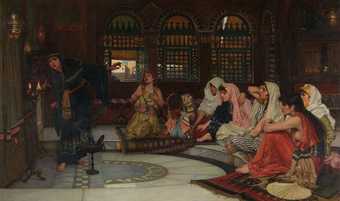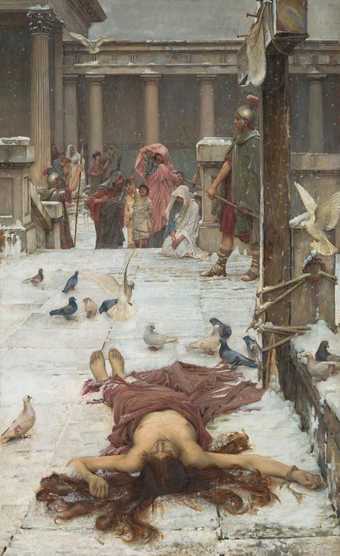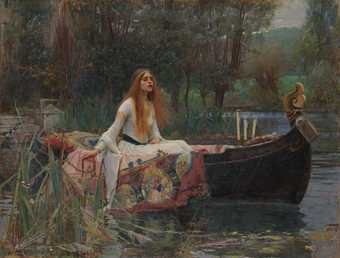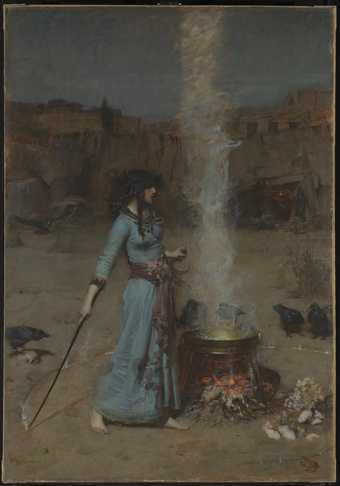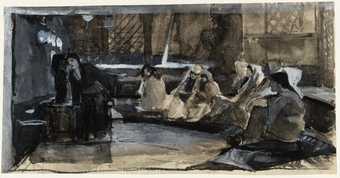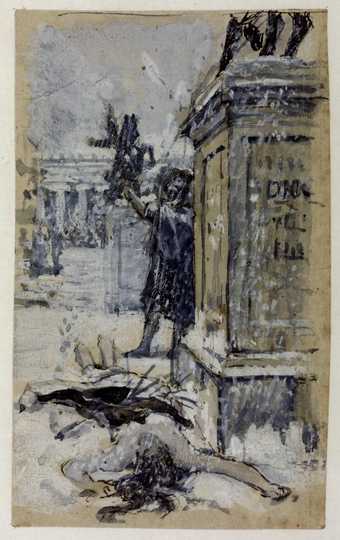Historic and Modern British Art
Biography
John William Waterhouse (baptised 6 April 1849 – 10 February 1917) was an English painter known for working first in the Academic style and for then embracing the Pre-Raphaelite Brotherhood's style and subject matter. His paintings are known for their depictions of women from both ancient Greek mythology and Arthurian legend. A high proportion depict a single young and beautiful woman in a historical costume and setting, though there are some ventures into Orientalist painting and genre painting, still mostly featuring women.
Born in Rome to English parents who were both painters, Waterhouse later moved to London, where he enrolled in the Royal Academy of Art Schools. He soon began exhibiting at their annual summer exhibitions, focusing on the creation of large canvas works depicting scenes from the daily life and mythology of ancient Greece. Many of his paintings are based on authors such as Homer, Ovid, Shakespeare, Tennyson, or Keats.
Waterhouse's work is displayed in many major art museums and galleries, and the Royal Academy of Art organised a major retrospective of his work in 2009.
This biography is from Wikipedia under an Attribution-ShareAlike Creative Commons License. Spotted a problem? Let us know.
Read full Wikipedia entry

